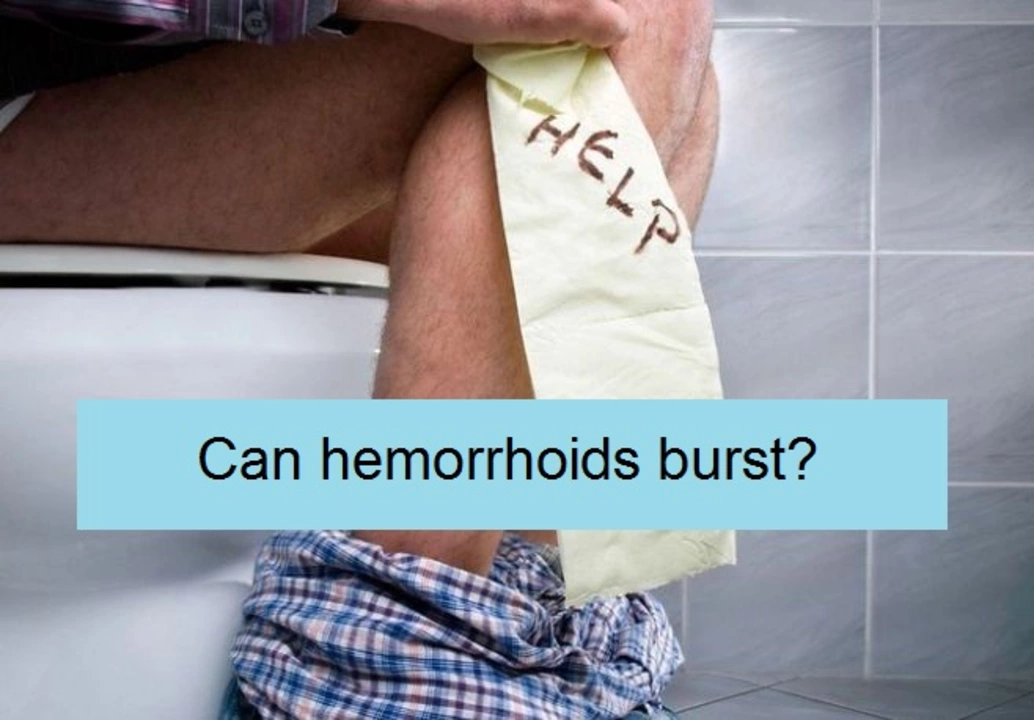Stress: What It Is and How to Handle It
Stress hits all of us at different times, whether it’s from work, family issues, health worries, or just daily hassles. But what exactly is stress? Simply put, it’s your body’s reaction to challenges or demands that feel overwhelming. While a bit of stress can push you to do better, too much wears you down and can hurt your mood and health.
It’s helpful to spot what triggers your stress early. Common causes are tight deadlines, money worries, conflicts, or even big life changes like moving or starting a new job. Once you know your triggers, you can take steps to control them, rather than let stress control you.
Practical Ways to Manage Stress
Managing stress doesn’t mean you have to overhaul your life. Small shifts work wonders. Try deep breathing or short breaks during busy days to clear your head. Physical activity, even a quick walk, boosts your mood and lowers tension. Also, keep an eye on your sleep; poor rest makes stress worse.
Talking about your feelings helps too. Whether it’s with friends, family, or a professional, sharing can lighten your load and bring fresh ideas on handling tough spots.
When Stress Is Too Much
Sometimes stress sneaks up and takes over—it might cause headaches, irritability, or trouble concentrating. If you notice these signs, it’s a signal to get serious about coping. Experts suggest making time for activities you enjoy and practicing mindfulness to stay in the moment.
If stress makes daily life hard, seeking help is smart, not a weakness. Professionals can offer tools and strategies tailored for you, turning stress from an enemy into a manageable part of life.
Remember, stress is a normal reaction, but it doesn't have to rule your life. With simple habits and the right support, you can keep it under control and feel more peaceful, even when things get hectic.
The Connection Between Hemorrhoids and Stress: Strategies for Reducing Both
- DARREN LLOYD
- 15
In my recent blog post, I explored the connection between hemorrhoids and stress, emphasizing the importance of managing both for overall well-being. I discovered that chronic stress can exacerbate hemorrhoids by causing constipation and straining. To reduce both stress and hemorrhoid symptoms, I suggested incorporating relaxation techniques, exercise, and a fiber-rich diet. Additionally, staying hydrated and avoiding long periods of sitting were also recommended. By following these strategies, one can alleviate the symptoms of hemorrhoids while also improving their overall mental health.
READ MORE
